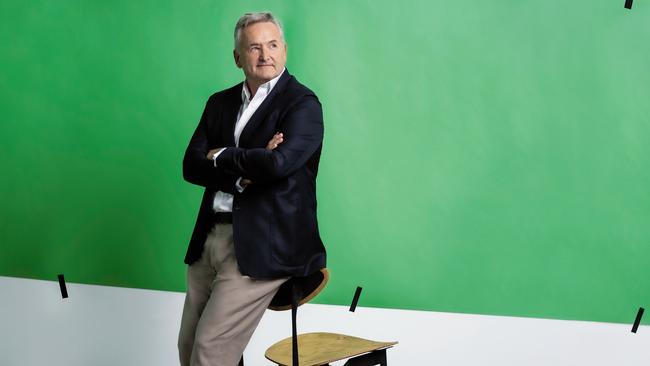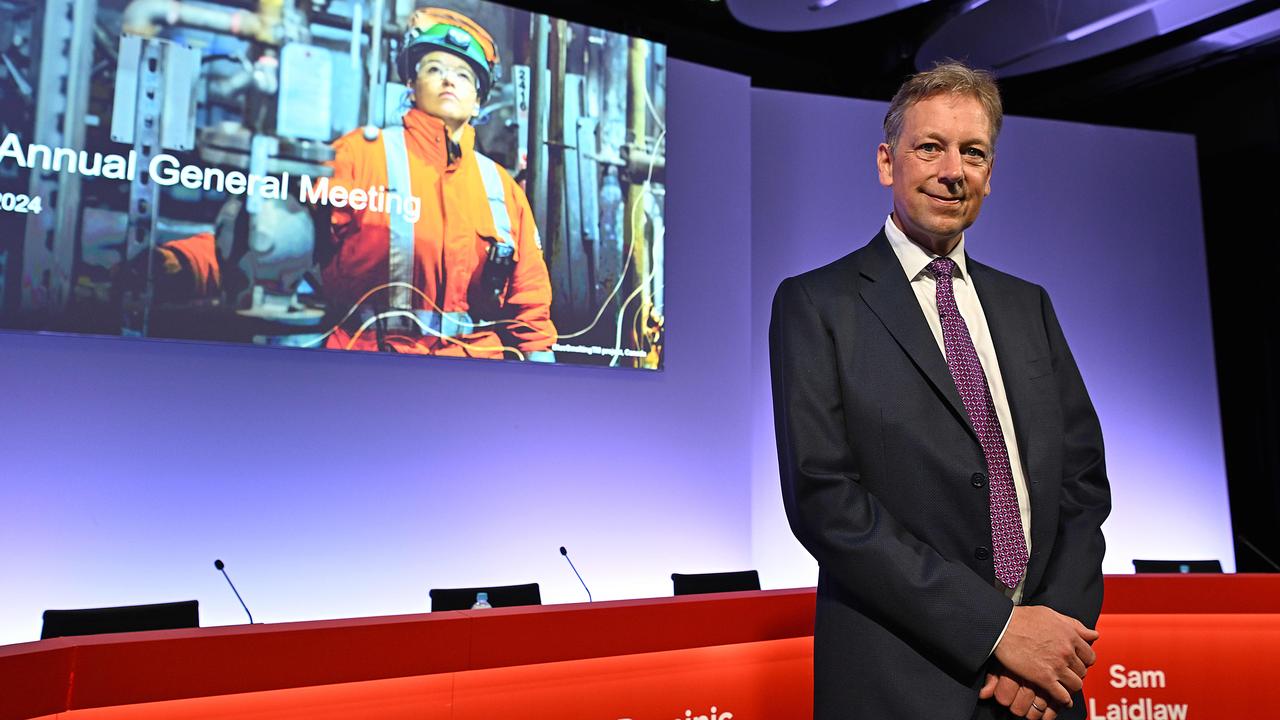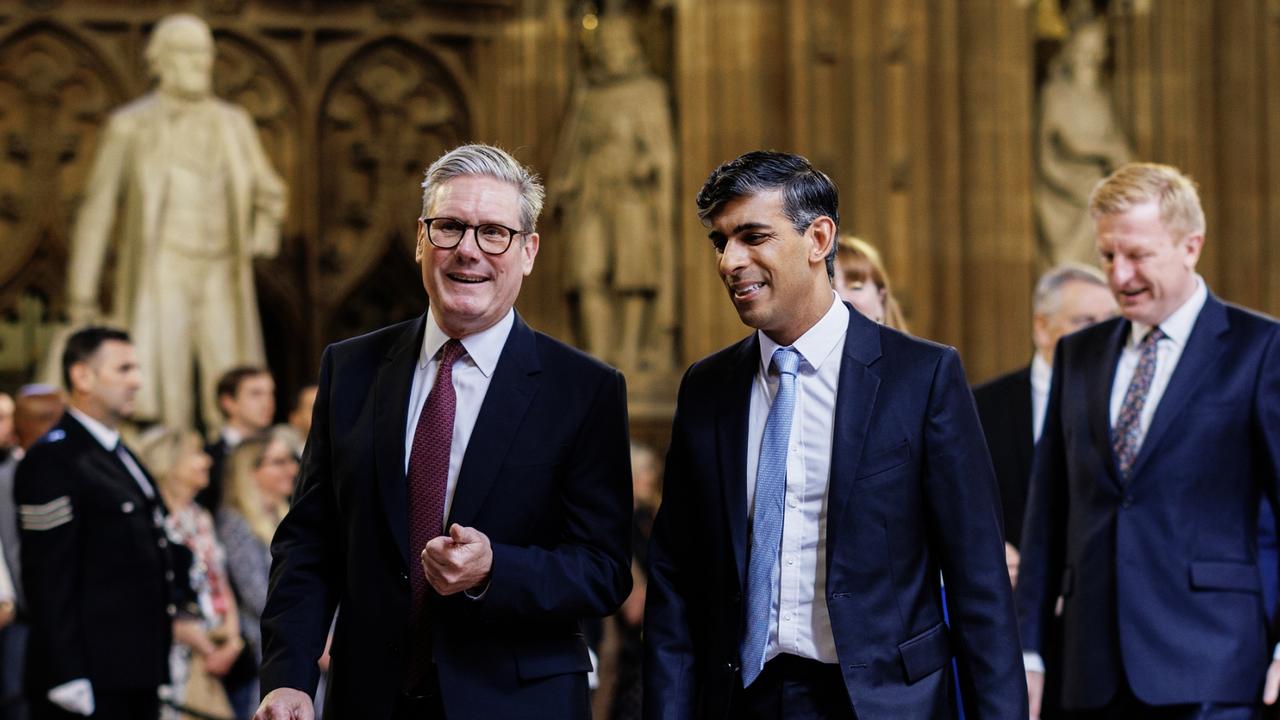
The battle with the maker of the Fortnite computer game resumes on Monday before Justice Jonathan Beach, who will also hear arguments in a separate case between Epic and Google.
The Australian case was launched in 2020, at the same time as US and British spats, and went right up to the High Court.
Apple argued unsuccessfully the Australian competition law case should be heard by a US court because both it and Epic are US companies.
Apple thinks it can operate in Australia and collect $12bn a year in revenue from Australian consumers, but not operate under Australian laws designed to protect Australian consumers.
In 2022 the company paid $160m in taxes on $12bn in revenues. It imposes a 30 per cent take on all apps which run on its platform and also insists the apps use its payment system.
If you play the same games on an Apple computer instead of a mobile phone, different rules apply. But it’s phones and tablets where the behemoth has the market power, in an effective duopoly with Google.
Epic’s billionaire founder Tim Sweeney is alleging abuse of power, arguing Apple’s actions increase costs and suppress innovation and competition.
The Australian law is different to the US law, with a simpler test of purpose or effect, and this arguably gives Sweeney a better chance of success.
He won his case against Google in the US last year, while losing to Apple.
The European Commission earlier this month fined Apple $2.7bn for abuse of market power for applying restrictions on developers using alternative systems to its “walled garden” app platform.

Commonwealth Bank boss Matt Comyn this month also correctly criticised the lack of scrutiny of the big tech digital platforms amid his long-running battle against Apple over the terms of rival payment services on its phones.
The federal government has failed to impose ACCC-recommended enforcement measures against the digital platforms, including strict codes of conduct to get around the fact litigation – as the Epic case demonstrates – takes time and applies just to the practices under scrutiny.
The ACCC handed its recommendations to the government in the middle of 2022 but in December, in a move described by Competition Taskforce member Rod Sims as “insipid”, the government simply put the recommendations out for another 12 months of consultation.
Separately Treasurer Jim Chalmers this week said proposed merger law changes would be released “shortly”.
The Apple case, a rare and welcome example of a company – not the regulator – enforcing the law, will be closely watched by the ACCC to see where the court stands.
Fiona Crosbie at Allens is acting for Epic, Bruce Lloyd at Clayton Utz for Apple and Corrs for Google.
Easing the transition
As business looks to the federal budget to see what money is available, Quinbrook’s David Scaysbrook says energy transition players should focus on making it faster and simpler to get projects off the ground, rather than just government cash payouts.
Federal handouts will always be welcome by business but Australia can’t beat the US in a spending battle, so instead should concentrate on its natural advantages.
Nufarm’s Greg Hunt argues government should recognise the role farmers can have in decarbonising liquid fuel and harness that potential through a combination of market incentives and fuel standards.
Vast quantities of Australian canola are already shipped to Europe as a fuel, and his Nuseed Carinata, a non-food winter oil seed crop from Argentina, is being crushed by France-based Saipol as a biofuel. BP is committed to converting the Carinata oil into sustainable aviation fuel.

Australia has more solar power per square kilometre than any other continent. Energy veteran Scaysbrook says Australia has many of the things the world is looking for: large tracts of open land, deep water ports and an abundance of natural renewables.
However, it takes too long to get projects going.
Each year 58 million petajoules of solar energy fall on Australia but in 2021 Australia converted just 100 petajoules of solar to electricity.
A shake-up of the bureaucracy and policy around projects wouldn’t cost any money, but the whole-of-government mindset to boost the energy transition, which requires changes from the bottom up, is harder work.
The call is by no means new, but under successive regimes, there is plenty of talk but little co-ordinated action.
Last month Rod Sims and Ross Garnaut at the Super Power Institute took the matter a step further, advocating a carbon levy on fossil fuel producers to help fund Australian industry.
They argued markets work best when firms have to pay the costs their activities impose on others and are rewarded for the benefits they confer on others.
Cyan Ventures founder Fraser Thompson has his focus on the wider sustainability model, arguing only one third of identified technology opportunities have an active focus, so the market is missing opportunities.
Cyan is a new firm that aims to be an incubator for big-ticket transition projects.
Thompson, with brother Mac and David Griffin, were the founders of the Northern Territory Sun Cable project before Andrew Forrest and Mike Cannon Brookes got involved.
The former McKinsey partner will join with Shaun Chau (ex Accenture) at the firm, which opens its doors in Sydney and Melbourne this week.
Cyan Ventures is focused on building big projects across the sustainability space (including the food system, built environment, and energy/materials).
Thompson argues there is capital available, but not the pipeline of really good ideas to attract that capital.
Scaysbrook cut his teeth in Australia in the mid-1990s running US utility NRG’s local shop during the Victorian privatisation.
Quinbrook has $US8bn under management, with present projects including the large-scale Gemini solar farm in Nevada, Cleve Hill solar project in Kent in Britain and the Sun Cable project in the Northern Territory, which is now focused on powering Darwin while keeping the options open for Singapore.
Mike Cannon-Brookes’ Grok Ventures is a Quinbrook investor, which explains how it got involved in the NT Sun Cable project.
It is also in the process of selecting a manufacturer for its proposed polysilicon factory in Townsville.
Polysilicon is a basic building block for both solar panels and computer chips, and Quinbrook is hoping the project ranks among the greenest polysilicon plants in the world, given its access to low-cost renewable power at Lansdown.
Thompson argues that “new funding models are needed. They don’t need to necessarily be in the form of project subsidies, but could be the government using its balance sheet strategically to underwrite early-stage commercial contracts to reduce merchant risk.”
He rejects the opposition thought bubble on nuclear on the basis of cost and time to build – bot to mention just which electorates would house the plants.




Apple’s sheer arrogance and contempt for the laws of the countries in which it operates is underlined by its claims Epic Games is trying to undo a US court decision by seeking abuse of market power claims in Australia’s Federal Court.